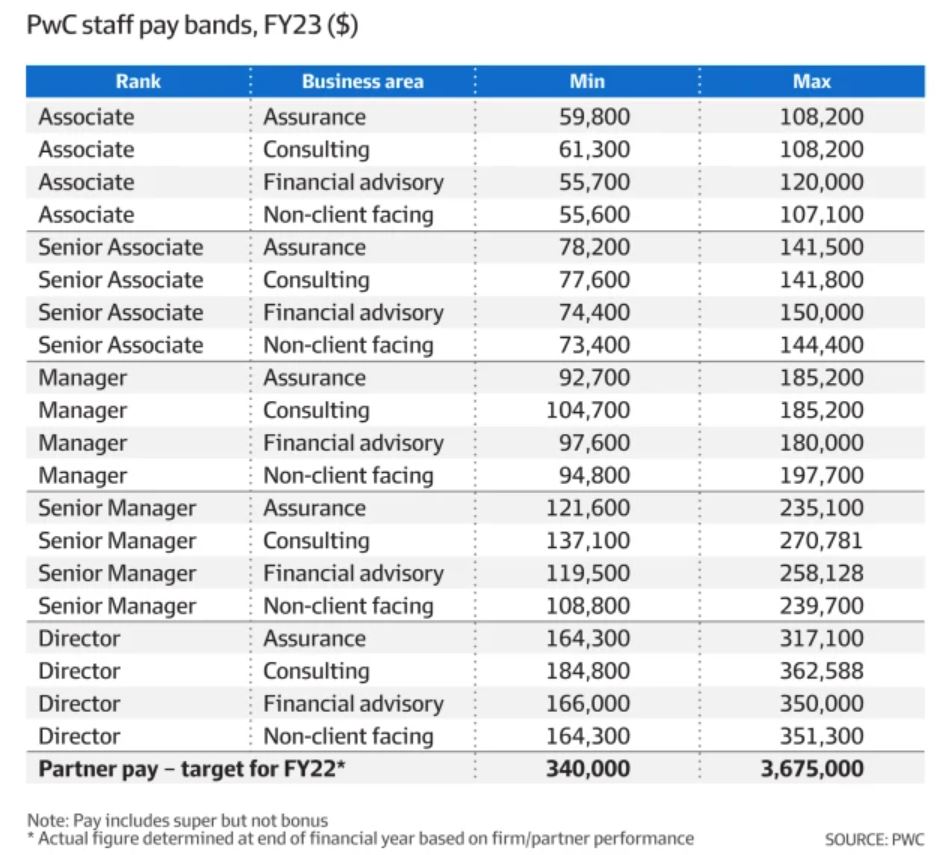
Whether you are a newbie in social media management or a seasoned pro, there are several tips and tricks that you can follow to stay on top of the activity on your accounts. These tips include time management, creating a schedule, analysing your audience and dealing with negative feedback. Once you have mastered these tips, you will be well on your way to success.
Time management
Creating a schedule and sticking to it can make time management easier for you. It can be difficult finding the time to complete all of your tasks when you don't have one. You should also ensure that you have a tidy workspace. It can help you manage your time more effectively by keeping your workspace clean.
Setting a timeline is another useful time management tip. This allows you to determine when new content should be posted. This can help reduce your workload and prevent you from spending valuable time brainstorming content.

Making a schedule
An invaluable tool for helping you reach your online goals is to create a social media calendar. It helps you make a content plan and segment posts depending on your target audience. To make sure your audience sees your posts at the right time, automate them. This will allow you to save time as well as increase the chances that your content is shared. A social media strategy that works will make your brand more visible and build trust among your target audience.
You must create a template before you can implement a social media management plan. You can create columns with a Google Doc or spreadsheet for each month. This will allow you to track your content and share. By creating a social-media schedule template, it is easy to track your posts so they stay consistent.
Analysing your audience
An essential part of social media management is to analyze your audience. This will help you decide what content you share and how to communicate with them. It is possible to classify your audience and segment them according to demographics. You can also learn about their industry and product knowledge. Through analysis of your audience, you will be able create messages that resonate with them and lead to increased enrollment.
The first step in audience analysis is to define your target audience. This can be done through market research, or by reviewing your customer list. You can also use advanced audience intelligence tools to gain rich, immediate insights about your target audience. Either way, a thorough understanding of your audience will help you create relevant content and refine your business model.

Negative feedback: How to deal
Dealing with negative feedback in social media management is a crucial part of running a business. While it may be difficult for you to handle unhappy customers, it is important to be open and honest with them. It is not a good idea to ignore negative feedback as it will only create distrust in followers. Instead, address it professionally and keep your customers satisfied. Although your products and services may not be liked by everyone, it is inevitable that someone will complain.
Even though most online interactions are public, there may be times when negative feedback needs to be addressed in a more private manner. If the customer provides detailed feedback or requests sensitive information, it's best to make the conversation private. If this cannot be avoided, you can move the conversation to another social media channel, such as an email or direct message.
FAQ
What happens when the consultant finishes his job?
After the consultant completes their work, he/she will submit a final summary of the results. This report will include project timelines and deliverables as well as any other relevant information.
The report will be reviewed and you can decide if the consultant met all your expectations. If you are not satisfied with the consultant's report, you have the option to ask for modifications or to terminate your contract.
Can consulting be considered a real job?
Consulting is not only a good entry-level job for people looking to make quick money.
Consulting offers many opportunities in project management as well as business development, strategy and training. Projects could include small start-ups or large international corporations.
Consulting gives you the chance to grow and develop your skills. This could include learning how to manage teams, write proposals, manage budgets and analyze data.
How much should a consultant charge?
It depends on your offering. If you are offering services for free, it is not worth charging anything. If you sell products or services, however, you must set prices based upon value.
If you are providing low-quality services, then you don't have anything to sell. So why would anyone pay any money for your services.
If you provide high-quality service, you may ask for higher prices because people appreciate the value you offer. Customers who buy multiple services from you may qualify for discounts.
Are consulting incomes subject to tax?
Yes, you must pay tax on the consultancy profits. This amount will depend on how much you earn each year.
If you are self employed, you can claim expenses in addition to your salary. This includes rent and childcare.
But you won't be able to deduct interest payments on loans, vehicle depreciation, or the cost of equipment.
You can only claim back 25% of your expenses if you earn less than PS10,000 a year.
You might be taxed even if you make more than the threshold depending on whether your income is contractor or employee.
Pay as you Earn (PAYE) is the most common method of taxing employees. Contractors pay VAT.
Statistics
- According to IBISWorld, revenues in the consulting industry will exceed $261 billion in 2020. (nerdwallet.com)
- Over 50% of consultants get their first consulting client through a referral from their network. (consultingsuccess.com)
- WHY choose me: Why your ideal client should choose you (ex: 10 years of experience and 6-week program has helped over 20 clients boost their sales by an average of 33% in 6 months). (consultingsuccess.com)
- On average, your program increases the sales team's performance by 33%. (consultingsuccess.com)
- My 10 years of experience and 6-step program have helped over 20 clients boost their sales by an average of 33% in 6 months. (consultingsuccess.com)
External Links
How To
How Do I Find A Good Consultant?
It is important to understand what you are looking for in a consultant before you can find one. Do you want them helping you improve your website's performance or not? Do you need them to optimize your site so that it ranks higher in search engines' results? Perhaps you simply need someone to tell you if your current host provider is having issues. After you have decided what services you need, it is time to start looking at potential companies. Many consultants claim to be able to provide these services. However, only a handful of them actually deliver on their promises. How can you pick the right one? Here are some things to consider when picking a consultant:
-
Ask for referrals. This is the best way to select a consultant. It's not a good idea to hire someone you haven't heard of, as you will likely end up paying too much. However, you don't want work with someone who has a bad reputation. If you're lucky enough to get referrals from people you trust, then great! Even if you don’t have any referrals, you can still look online for reviews. Look for testimonials and case studies where clients have used your service.
-
Ask around. Many people don't realize that consulting could be beneficial for them. They think that since they're currently doing fine, they don't need to make changes. However, this is usually untrue. Even if your results are great, there's a good chance that you haven’t kept up with the latest trends and technologies. If you continue to rely on outdated methods, your business will be unable to grow. It is always worthwhile to ask around for recommendations of good consultants.
-
Check their qualifications. When you're looking for a consultant, it doesn't matter whether you're building a small blog or launching a multi-million dollar eCommerce store; you want to be sure that whoever you hire has the skills needed to handle your project. You must ensure they have the necessary skills and qualifications to carry out the tasks.
-
Find out which projects they are best at. Although it might seem like everyone can do everything, this is not true. Some areas require specific education or training. For example, if you need someone to build a WordPress theme, you won't want to hire a developer who specializes in Drupal. Graphic design and programming languages are all subject to the same rules. It is important to inquire about the types of projects that they work on.
-
Be aware of their fees. As we stated, you don’t want to pay too little for a consultant. However, you don't need to pay too much. Consultants come in all shapes and sizes. There are some that charge an hourly fee, while others may bill per job. Knowing exactly what you're paying upfront will save you money down the road.
-
Learn what they offer. Do they offer free consultations? Are they willing to give advice about how to set up your own system or provide other assistance? Is there a guarantee that your site will rank higher after working with them? If you don’t like the information you receive during your consultation, you can cancel it without penalty.
-
Finally, find out if they offer discounts for multiple months or years. Many consultants offer discounted pricing for extended time periods. Even though you do not necessarily have to commit to a whole year of service, you might still be able to benefit from any specials they offer.